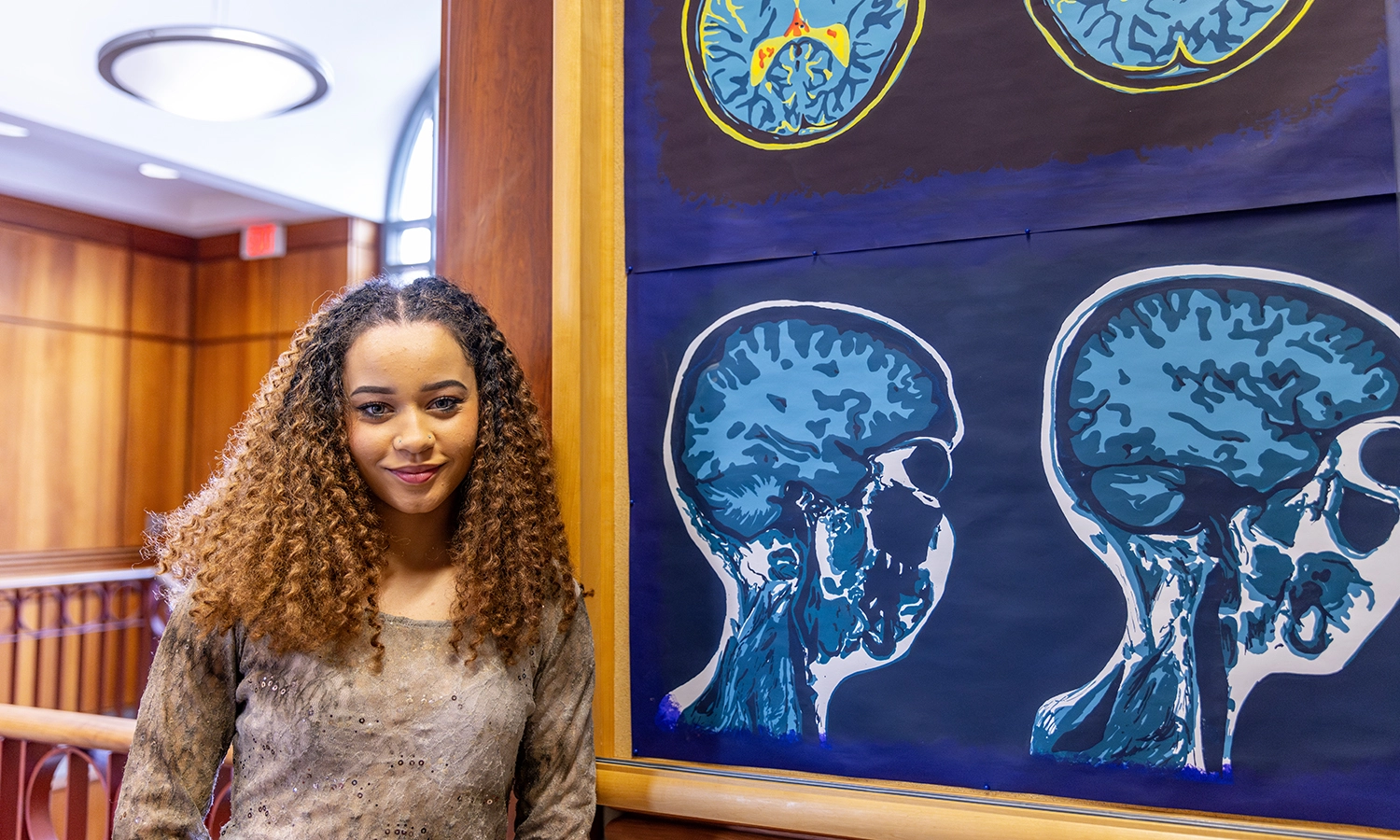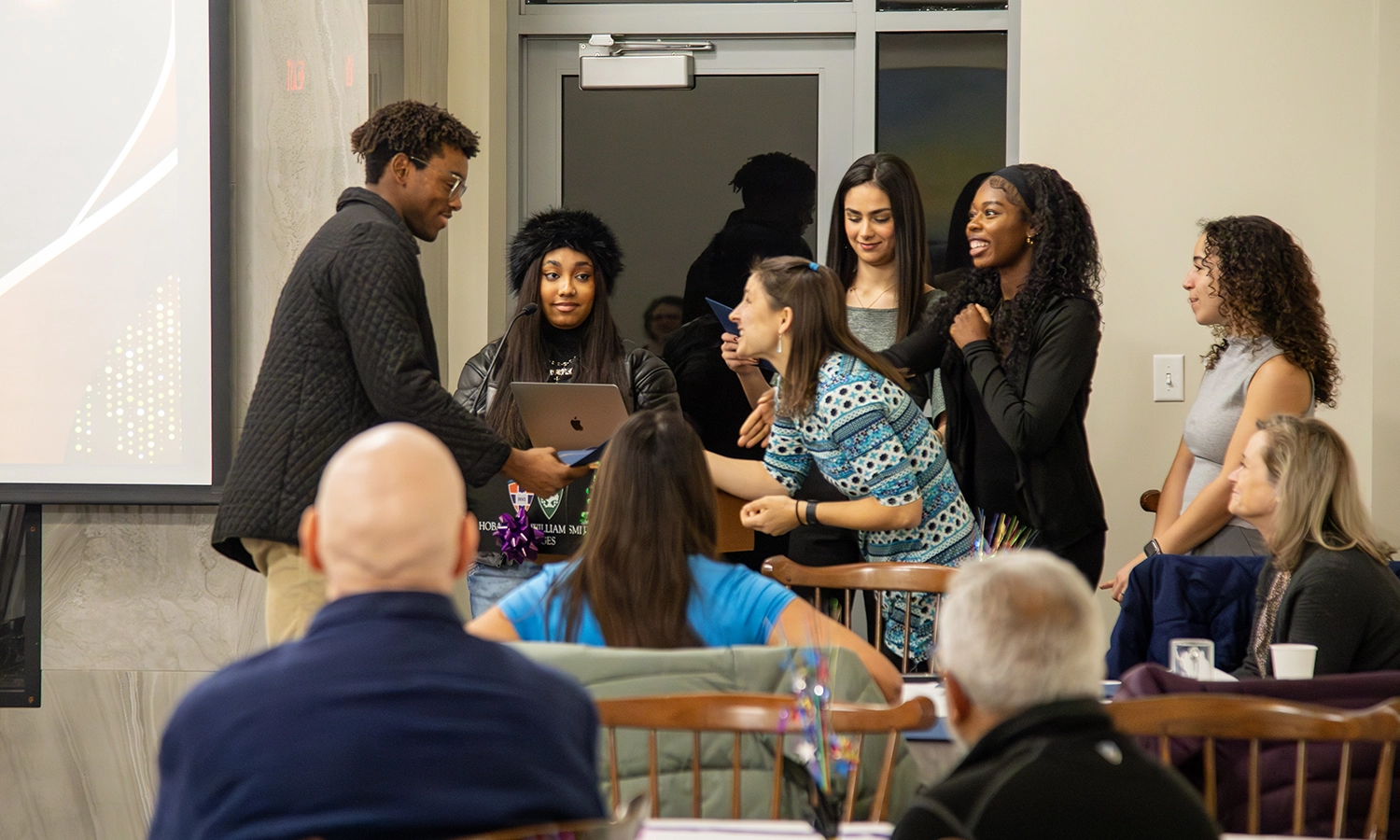
HWS News
25 September 2023 • STEM Automation and the Future of Work
Sociologist and economic historian Aaron Benanav kicks off the 2023-24 Fisher Center speaker series.
The Fisher Center for the Study of Gender and Justice will host economic historian Aaron Benanav, known for his analysis of what the future of what work looks like in the world of technological automation. Kicking off the Fisher Center’s 2023-24 speaker series, “Chains: Linkages, Dependencies, Connections,” Benanav will examine the political left’s community ideal regarding public ownership and public management of the economy, alongside the neoliberal critique of this ideal.
Benanav’s talk begins at 7 p.m. on Wednesday, Sept. 27 in the Fisher Center in Demarest Hall.
An author and Assistant Professor of Sociology at Syracuse University, Benanav also serves as a senior research associate at Syracuse University’s Autonomous Systems Policy Institute. His research interests include automation and the future of work, unemployment and underemployment, economic growth and development, critical theory, and alternative economic systems.
Benanav’s most recent book, Automation and the Future of Work (Verso Books, 2020), has been called “thought provoking,” straddling…"macroeconomics and practical philosophy” (International Policy Digest). The book “provides crucial insights into the causes of global stagnation and its effects on the kinds of work we do now” (The Baffler).
Since its founding in 1998, the Fisher Center has brought hundreds of national and international experts to campus to lead the campus and community dialogue on pressing issues around gender and social equity.
About the 2023-24 Fisher Center series
Chains signify connections across boundaries; yet they can also keep bodies captive and confined. The pandemic years forced us to grapple with the issue of interdependence, where supply chains became interrupted or broken beyond repair. Haven’t we also discovered that there are relations or dependency or tethering that go beyond logistics and stretch deep into our collective psyches via affect, street politics, art and spontaneous expression? Don’t viral transmission chains connect and divide us as effectively as supply and demand?
Chain reactions cause cascading effects ranging from climate change to nuclear reactions. Chains manifest in relations of circulations – of data, money, bodies and goods. Blockchain technology, while feeding off dreams of liberation from societies of control, enables new forms of value capture, profiteering and tether-free capital accumulation; it pollutes the environment during “mining.” “Chains” expose the continued, inescapable dependence of virtual upon the material, financial upon the ecological, global upon the local.



